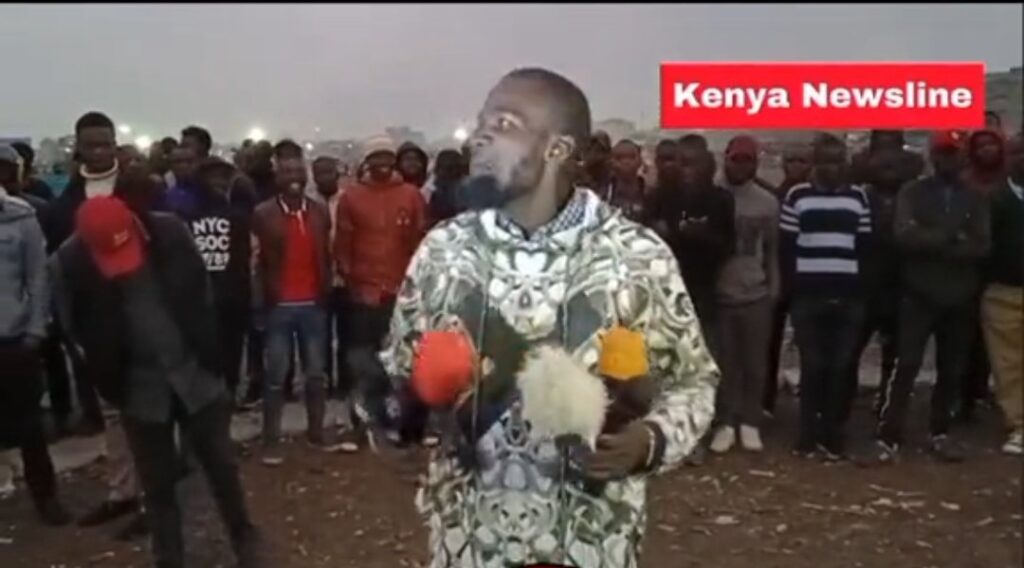Nuru Okanga, a prominent political figure, has recently found himself at the center of a controversy involving Gen Z, the younger generation known for their activism and outspoken nature.
In a surprising turn of events, Okanga publicly surrendered to Gen Z, seeking their forgiveness and understanding. He admitted that his previous statements, which had dismissed the youth’s concerns and protests as irrelevant, were misguided and insensitive.
Addressing a gathering of young activists, Okanga acknowledged the power and importance of the younger generation’s voice in shaping the future.
He expressed regret for his earlier remarks, where he had stated that the government did not belong to them and that they should cease their protests.
Okanga confessed that he had underestimated the passion and determination of Gen Z, and that their relentless pursuit of justice and reform had opened his eyes to the issues they championed.
In his plea for forgiveness, Okanga shared personal anecdotes that illustrated his journey toward understanding the younger generation’s perspective.
He recounted instances where he had witnessed the positive impact of Gen Z’s activism, from climate change initiatives to social justice movements.
Okanga admitted that he had been wrong to dismiss their efforts and promised to become an ally in their fight for a better future.
The response from Gen Z activists was mixed. While some were willing to accept Okanga’s apology and saw it as a step towards bridging the generational divide, others remained skeptical, questioning the sincerity of his change of heart.
They emphasized that actions speak louder than words and that Okanga would need to demonstrate his commitment through tangible support for their causes.


